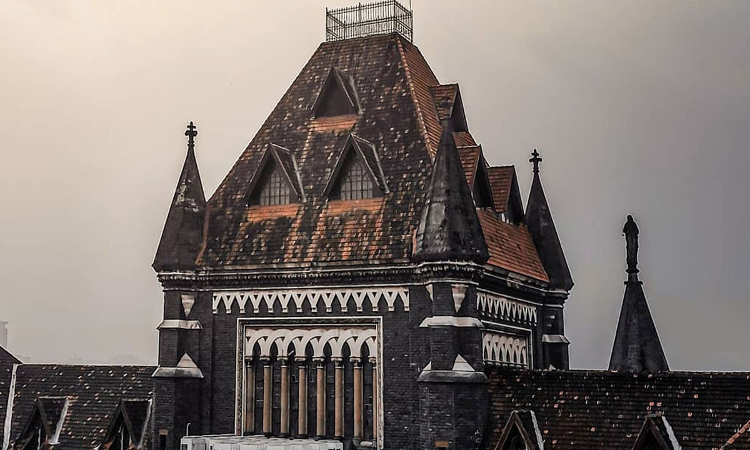The Bombay High Court has permitted the slaughtering of animals for the festival of Bakri Eid on June 17, 2024, in the protected area around the Vishalgad Fort in Kolhapur District. A division bench of Justice BP Colabawalla and Justice Firdosh P. Pooniwalla granted interim relief to petitioners in petitions challenging the ban on animal slaughter in the area issued by various...

